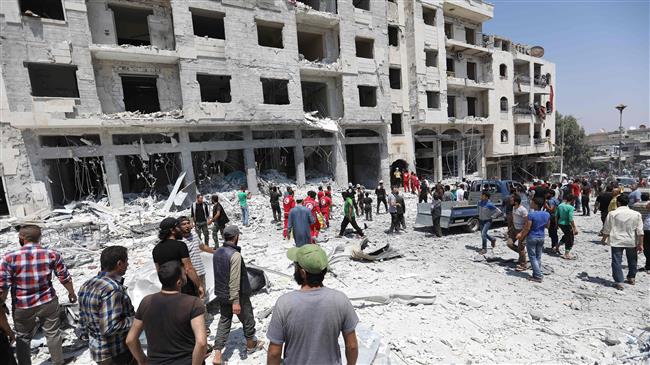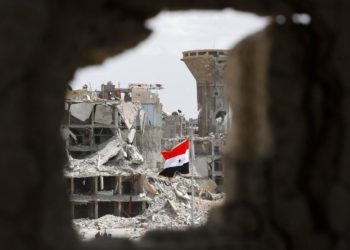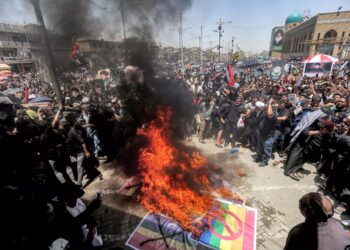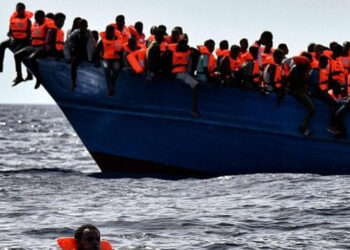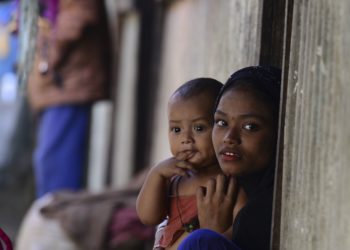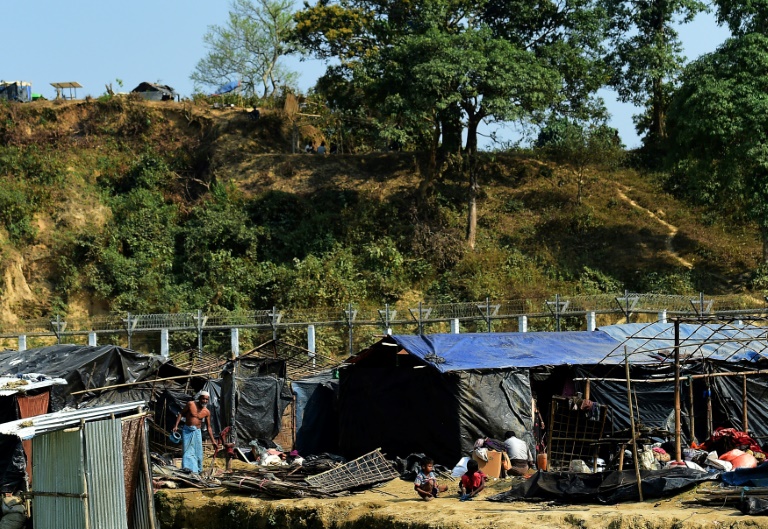As Bashar al-Assad’s regime prepares to retake the last major rebel stronghold in Idlib, Syria’s neighbors share others’ trepidation over the likely humanitarian consequences. Half of Idlib’s three million residents have already been displaced at least once before, and many are still living in temporary shelters. Although negotiations to evacuate civilians continue, it seems likely that tens, perhaps hundreds, of thousands of casualties will result.
But regional states like Jordan, Lebanon, Iraq, and Turkey worry about the assault on Idlib for other reasons, in addition to the potential death and suffering. Nearly all of the Syrians who have fled the war remain in the region. According to the UNHCR, over 3.5 million refugees are registered in Turkey, over a million are in Lebanon, about 650,000 are in Jordan, and around a quarter-million have fled to Iraq. Idlib is located just a few miles from the Turkish border. Although Turks’ resentment toward refugees has grown as their numbers have expanded, the government would face tremendous pressure to admit thousands of civilians fleeing either a conventional assault or chemical weapons attacks.
Turkey, Jordan, and other regional states are understandably wary of another massive influx of Syrians. The largest refugee crisis in modern history has already strained social and economic structures across the region, even more so for states like Jordan that hosted hundreds of thousands of Iraqis fleeing the civil war there just a few years earlier. These countries have risen to the occasion, refusing to turn away desperate Syrian refugees in most cases.

But Syria’s neighbors are not wealthy countries – Jordan’s GDP per capita is 7 percent of that in the U.S., for example – and refugees now make up close to one-fourth of the population in some areas. The UN and NGOs, perennially strapped for cash, provide many of the resources necessary to feed, house, clothe, and educate the refugees. But much of the cost still falls on the host states, including that posed by individuals who are not formally registered with the UN as refugees, which is a specific legal status.
International agencies provide many public health services, but refugees also turn to local health providers for care in many instances. Their needs can be overwhelming. As Syria’s infrastructure collapsed, cancer went undetected, and chronic conditions like heart problems were untreated. Many refugees sustained physical injuries during bombardments; children are severely malnourished after years of war, and nearly all are severely traumatized by their experiences. Both physical and mental health services need to be dramatically expanded to support these individuals.
It is difficult to measure the full economic impacts of massive refugee flows. The largest refugee camps, such as Zaatari in Jordan, become an economy in themselves. But most refugees actually live in cities, where they simply want to find a job and resume some semblance of normal life. In many cases, there were already not enough jobs to go around before the sudden influx of thousands of extra job-seekers. And as in the U.S., even if jobs are available, perceived competition can foster resentment.
Economic crises and political instability often go hand-in-hand. ISIS dramatically exacerbated Syria’s war, but ISIS itself grew out of the collapse of Iraq’s economic and social order. Political unrest is particularly likely when refugees also upset delicate ethnic and sectarian balances, as has been a concern in some of Syria’s neighbors.
Lebanon’s government has staggered from crisis to crisis for decades: forming a new cabinet now takes months, and corruption and gridlock stymie basic services like trash collection. While Syrian refugees certainly aren’t the cause of Lebanon’s instability, the pressure on the infrastructure and economy, coupled with the changing demographics, further strain the situation.
Turkey has also faced deepening economic and political crises. The value of the lira has plummeted this summer, and President Recep Tayyip Erdogan has suppressed opposition following the 2016 coup attempt. As in Lebanon, the millions of Syrians in the country aren’t causing the crisis, but they are straining economic and social structures and sharpening government fears of a resurgent Kurdish-rights movement.
In short, there is a reason that civil war in a neighboring country is one of the strongest predictors of political conflict in one’s own country. Lebanon, Turkey, and other regional states have ample reason to be wary of the flight of a million or more Syrians from Idlib in the coming weeks. These states will do their best to offer new refugees the support they need to rebuild shattered lives. But their capacity to provide this support, while continuing to deliver services to their own citizens, is overtaxed. A true solution to the looming humanitarian crisis will take into account the demographic, social, and economic burdens that regional host states have already borne for the last seven years of war.
Disclaimer: The views and opinions expressed here are those of the author and do not necessarily reflect the editorial position of The Globe Post.

